The Uses and Abuses of History by Margaret MacMillan

£6.40
The Uses and Abuses of History by Margaret MacMillan Price comparison





- All prices mentioned above are in United States dollar.
- This product is available at VitalSource, Lovereading.co.uk, Whsmith.co.uk, Waterstones.com, SpringerLink Shop INT.
- At vitalsource.com you can purchase The Uses and Abuses of History (eBook) for only $10.48 , which is 82% less than the cost in SpringerLink Shop INT ($59.03).
- The lowest price of On the Uses and Abuses of Political Apologies was obtained on November 9, 2025 15:11.
The Uses and Abuses of History by Margaret MacMillan Price History
The Uses and Abuses of History by Margaret MacMillan Description
The Uses and Abuses of History by Margaret MacMillan: An In-Depth Analysis
Discover the intriguing world of historical interpretation with The Uses and Abuses of History by Margaret MacMillan. This compelling book delves into how history can be manipulated, providing a thought-provoking exploration for anyone interested in the nuances of past events. Perfect for both casual readers and history enthusiasts, MacMillan’s insights will captivate your mind and encourage critical thinking. Compare prices now to get the best deal on this remarkable read!
Key Features and Benefits
- Authoritative Perspective: Margaret MacMillan, a renowned historian, offers a unique viewpoint on how historical events shape contemporary societies.
- Thought-Provoking Analysis: The book discusses the various ways history can be used or misused in politics and society, allowing readers to reflect on the implications for the future.
- Concise Length: With just 208 pages, this book provides a digestible yet rich exploration of its themes, making it perfect for readers seeking a quick intellectual engagement.
- Accessible Language: Written in clear, articulate English, this book is suitable for history buffs and novice readers alike.
- Publisher Edition: This main edition from Profile Books was published on April 1, 2010, and continues to resonate today with its relevant themes.
Price Comparisons Across Different Suppliers
When it comes to finding the best deal for The Uses and Abuses of History by Margaret MacMillan, prices can vary significantly across different retailers. With our comprehensive price comparison tool, you can easily identify where to buy it at the most competitive rate. Don’t miss out on the opportunity to get this insightful book at the lowest price available.
6-Month Price History Trends
Our 6-month price history chart reveals some interesting trends. Over the past six months, the average price for this book has shown fluctuations, but generally, it has remained accessible to readers. This data can help you choose the best time to purchase, especially if you are looking for discounts or sales events. Make informed decisions by analyzing the price patterns!
Summarizing Customer Reviews
Customer reviews reflect a range of opinions on The Uses and Abuses of History. Many readers commend MacMillan for her engaging writing style and the book’s ability to provoke thought. Positive reviews frequently mention its relevance to current events, making it a must-read for understanding modern societal issues.
However, some reviewers noted that the book could benefit from deeper exploration into certain historical themes. Despite this, the overwhelming consensus remains positive, solidifying MacMillan’s reputation as an insightful historian.
Unboxing and Review Videos
For those interested in visual content, many YouTube channels offer unboxing and review videos that enhance your understanding of this book. These videos provide additional insights and may feature discussions on specific themes covered in the book, helping you decide if it’s a good fit for your reading list.
If you’re looking for a blend of historical insight and contemporary relevance, The Uses and Abuses of History is an essential read. Whether you are searching for educational material, a book club selection, or just a compelling read, this title is sure to inspire and inform. Explore the intriguing dynamics of history and its implications for our daily lives.
Act now! Compare prices for The Uses and Abuses of History by Margaret MacMillan today! Don’t miss out on securing your copy of this insightful work.
The Uses and Abuses of History by Margaret MacMillan Specification
Specification: The Uses and Abuses of History by Margaret MacMillan
|
The Uses and Abuses of History by Margaret MacMillan Reviews (11)
11 reviews for The Uses and Abuses of History by Margaret MacMillan
Only logged in customers who have purchased this product may leave a review.

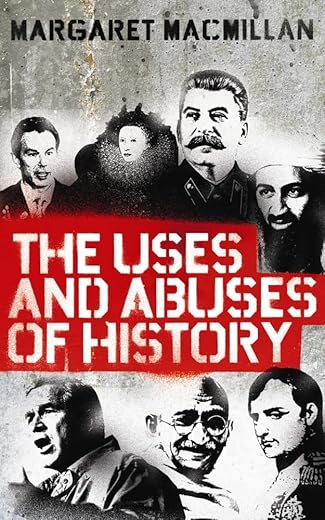
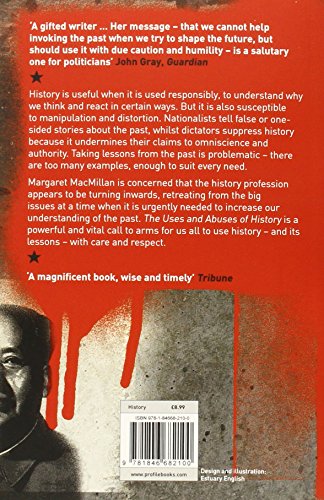
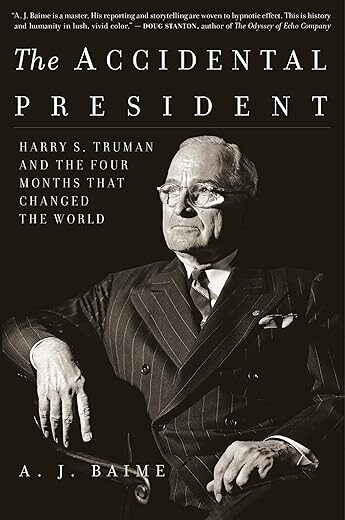
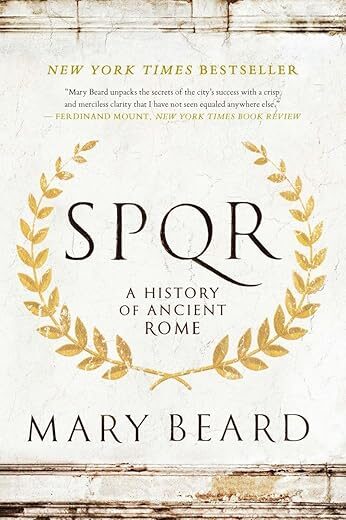
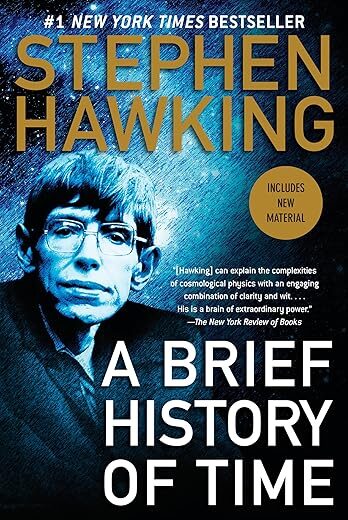
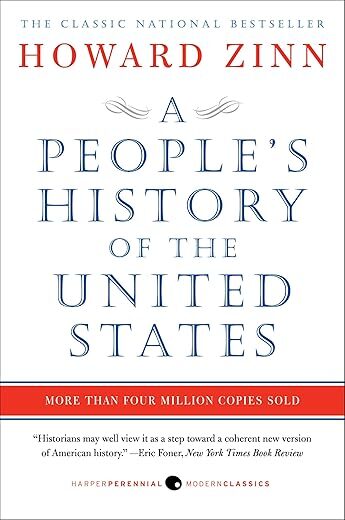
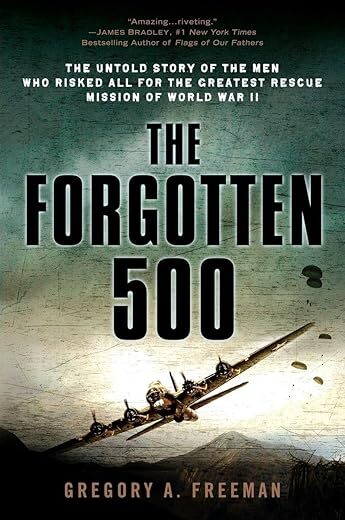
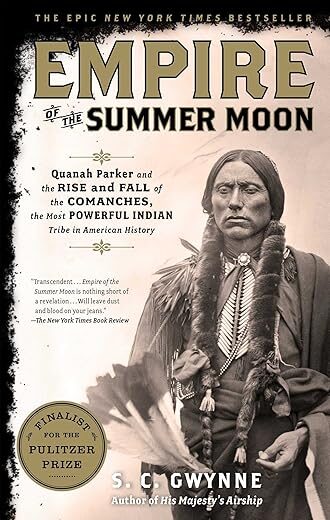
Petr Krul –
Ideas not to be forgotten.A few years old but still to be studied,, conclusions still valid (look at Russia and Ukrajina).
Carlos –
Excelente! Aunque no me haya descubierto muchas cosas, leerlo debería ser obligatorio en las escuelas para que los estudiantes empiecen a adquirir algo de espíritu crítico
Amr Saleh –
I read three books by Margret Macmillan, this was the fourth and by far the least interesting one of them, she keeps repeating herself all over the book.
Snow Pharoah –
This is the second book I have read by Margaret MacMillan, bought after having been very impressed by “Paris 1919”. The book provides a number of angles from which history can be used by those who have different agendas, to promote ideas or simply to advance personal, social or otherwise collective issues. It is a set of essays first delivered as a set of lectures at the University of Western Ontario.
At least four points really need to be underlined with regard to “The Uses and Abuses of History”, as well as the author in more general terms. First, MacMillan writes beautifully. This is not a small compliment, as MacMillan is an academic and it would have been possible for her to get bogged down in technical terms or details that make it difficult for complex subject matter to be accessible to the non specialized reader.
Second, MacMillan obviously has a passion for the study of history and can draw on a wealth of knowledge to make points clear about how history can and has been misused in different contexts. It was a real education for me to read the different cases when history was referred to by different leaders to make decisions. The examples are taken from the traditional “bad guys” of recent history, such as NAZI Germany, the Soviet Union, Communist China, North Korea and others, but they also involve decisions made and agendas put forth in other countries, including the US, Canada, the UK, France, Israel, Australia and other western or westernized nations, as well as from more distant history. History has also been misused by religious leaders, captains of industry, as well as educators and politicians. The point is well made and reading through the different examples and ways in which history has been called on to justify courses of action is absolutely fascinating.
Third, one of the main points that are made concerns not only the misuse of history, but the difficulty involved in using history to chart a course of action, especially in difficult, national circumstances. Should Obama visit Iran to begin a peace process in the middle east, as Nixon visited China, perhaps beginning the thawing of relations between the west and China that is now present? Is it wise to always look at Chamberlain’s actions of appeasement as a form of weakness and to use this as the only interpretation of those events to justify the use of quick, resolute and forceful action against problematic national leaders, as was the case in the lead up to the recent, 2003 Irak invasion by the US and other nations? Might it not be sometimes helpful for the development of a peace process not to act forcefully? How do you distinguish between something that would be a clear injustice now (e.g., internment of Ukrainians and Japanese during WWII) and what might have been a logical decision at the time the actions were made? Does history always allow us to judge the past correctly? The present with discernment? I especially appreciated the nuance and humility with which MacMillan wrote, giving us reason to ponder the present era in which we live with the different political, social, religious and economic challenges it presents. And, of course, MacMillan urges us to view history with prudence, as the events of history can be viewed from different angles.
Fourth, I appreciated the emphasis on “what actually happened”. This, to me is the most important lesson learned from this book, although perhaps the most difficult. MacMillan gives many examples of how telling the stories of events in part can lead to biased understanding of situations. Telling the whole story requires more integrity, leaves situations less clear in terms of possible courses of action, but probably reflect something closer to “reality” than anything else. However, I cannot help but think that we cannot escape this problem. How do you know if the story has been correctly told? None of us were there when Napoleon lost at Waterloo and we depend on “experts” to recount the chain of events… do they agree as to the reasons? A reliance on “what actually happened” should leave one more humble in the manner in which they work with history.
The only down side I have regarding this book is that there is not enough mention of how values and contexts are part of how one thinks about history. At times, MacMillan argues that some uses of history are good or not so good, reflecting her particular set of values, her context, her time… it might have been helpful to read a few lines about how even those values and judgements are part and parcel of her specific understanding of humanity and the record of human activity that is history.
Almasibilji –
Good read not to technical.
M. McClure –
I read and greatly admired Margaret MacMillan’s “The War that Ended Peace”, one of the best studies I know of the build-up that lead to the First World War. Here again she presents in a reasoned and informed way why history is so important to understanding the world as it is and how it might develop in the future. It should be compulsory reading for all history students and especially politicians.
S. Kader –
Margaret’s book about uses & abuses of history is in a way short but quite interesting.
She manages to cover a wide spectrum of examples from all over the world where history can be comforting for some & painful for others & how humans try to use history & distort it, sometimes cleverly & sometimes drastically.
I do not agree with the previous review which is rather harsh & somewhat unfair with its unconvincing points, but nonetheless, history is abused by many, politicians & leaders, who want to bend it for their advantage resulting in fabricated historical accounts which causes further strive & suffering. While history can be & should be used to learn lessons from it that can widen our perspective if analysed objectively.
I have seen examples of what the writer warns of in the begining about casual historians & the need for professional historians to fill the gap thats being exploited by others.
I recommend this book to anyone who’s interested in world history & they can find something in it that relates to them or a topic that interested them.
Amazon Customer –
Was very informative to write an essay for college for.
DDolsen –
Excellent series of lectures on history as a tool of understanding and how to spot the misuse of historical information in support of causes. Margaret MacMillan’s writing is second only to that of my favourite history author, Barbara Tuchman. Readable, relevant and of value to students of life everywhere. Highly recommended.
Mr. C. Alverson –
This is a slick and superficial little book that purports to inform the reader on the uses and abuses of history. But the problem is that MacMillan, despite being a history professor and warden of St, Anthonyfs college, Oxford University, often does not seem to know the difference between ‘use’ and ‘abuse’ herself.
Early on in the book, she declares: ‘bad history makes sweeping generalizations’. But then, nine pages later, she states baldly, without support or documentation: ‘[Fidel] Castro was prepared to see his country destroyed if it brought Soviet victory in the Cold War closer.’ If this is not sweeping, if it is not a generalization, it is nothing.
In a epopularf book without references or attempt at authentication, MacMillan goes on to do more of the same:
ae She accuses esomef blacks of ‘unseemly competition for victimhood’ with Jews.
ae She criticizes ‘modern nationalist movements’ for claiming the right to ‘rule themselves on a specific piece of territory.’
ae She defends harsh military discipline, asserting, without evidence, that ‘threat of execution may help to keep armies from disintegrating…’
ae Despite these not-so-glittering generalities, MacMillan claims to espouse the ‘what really happened’ school of history.
In short, while MacMillanfs book is superficially entertaining and will not tax the non-historian, its content very often belies its title.
Charles Alverson
終活老人 –
気になって購入してしまいましたが、筆者が研究者にはめずらしく外連味(けれんみ)なく書いている姿勢が面白く、共感します。